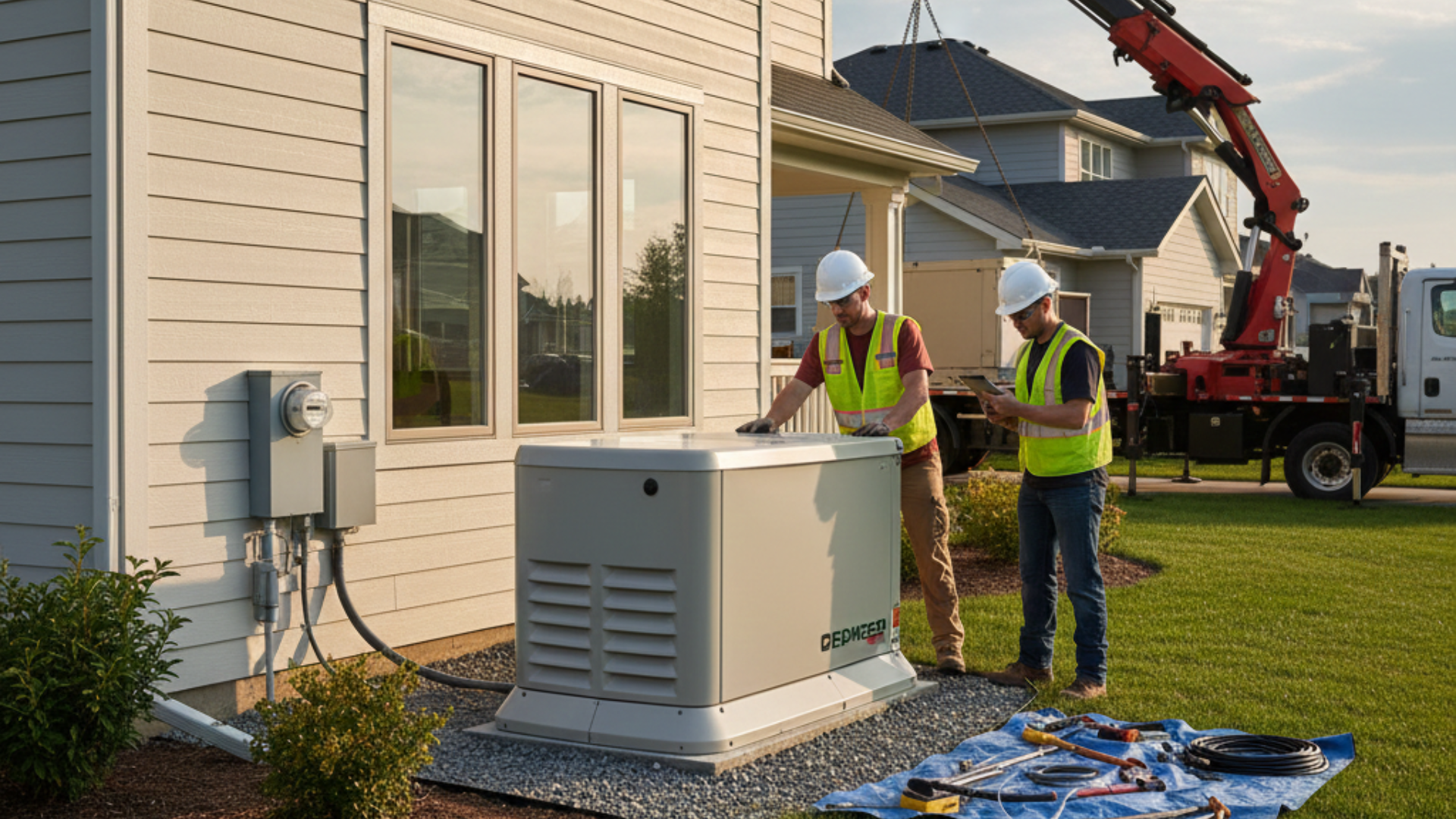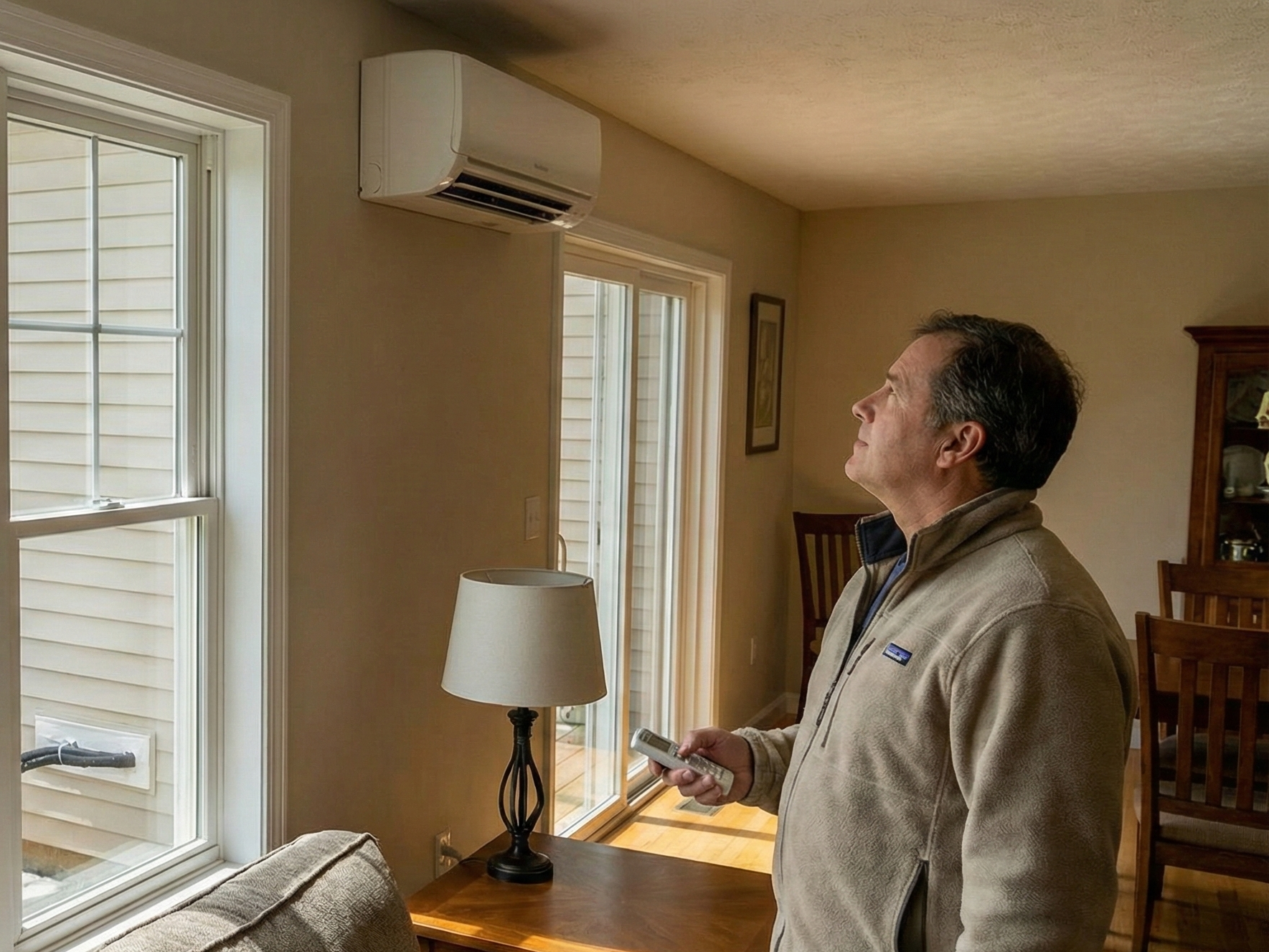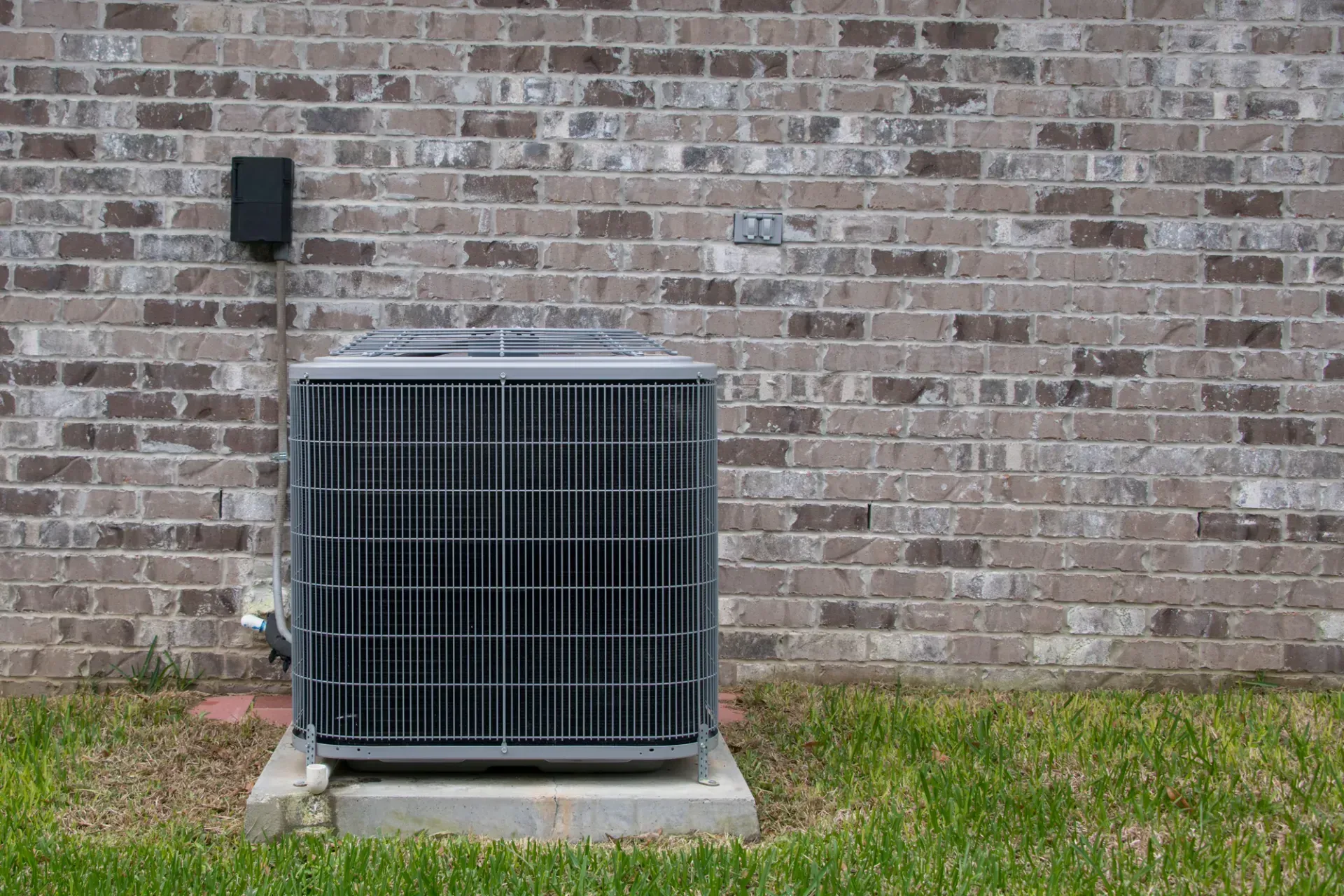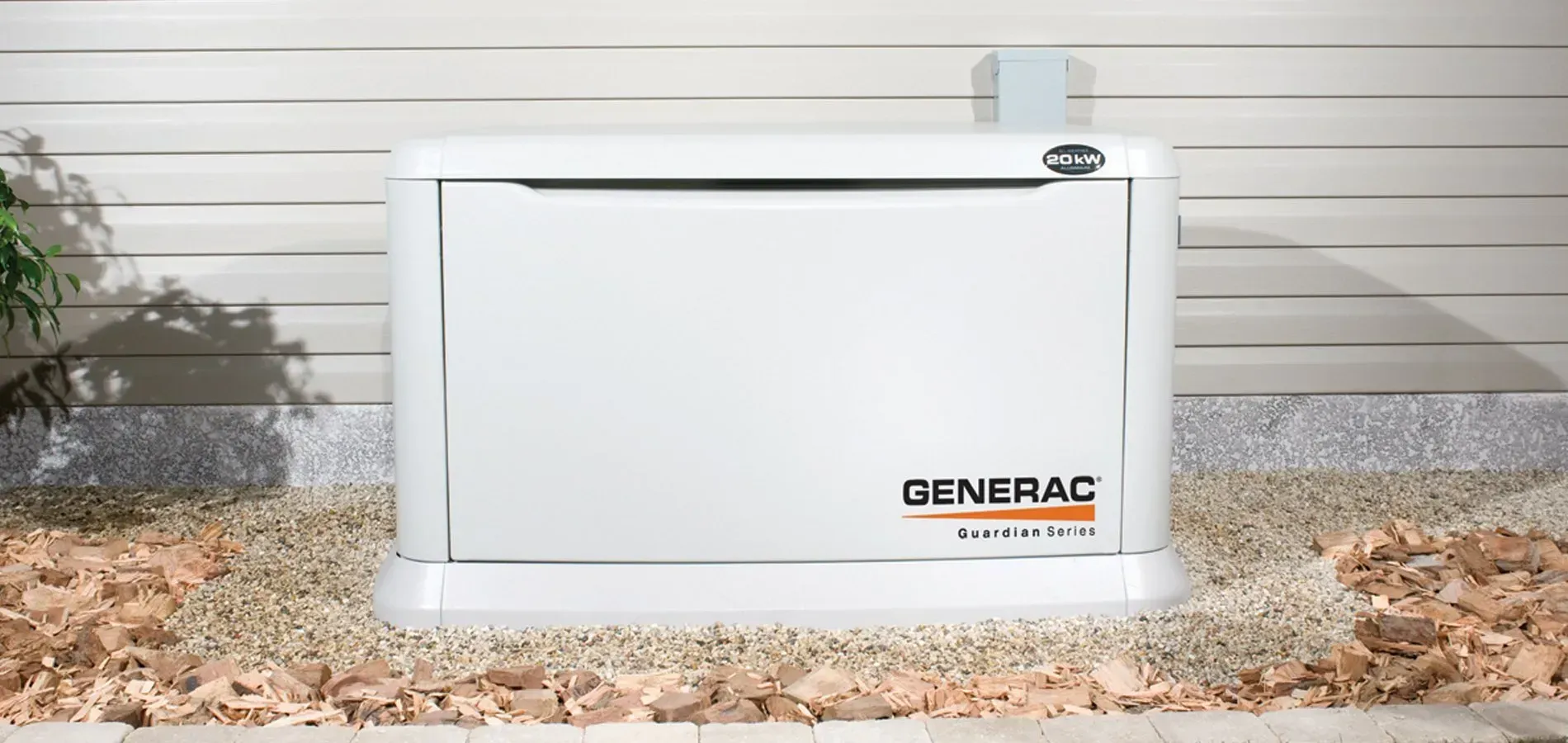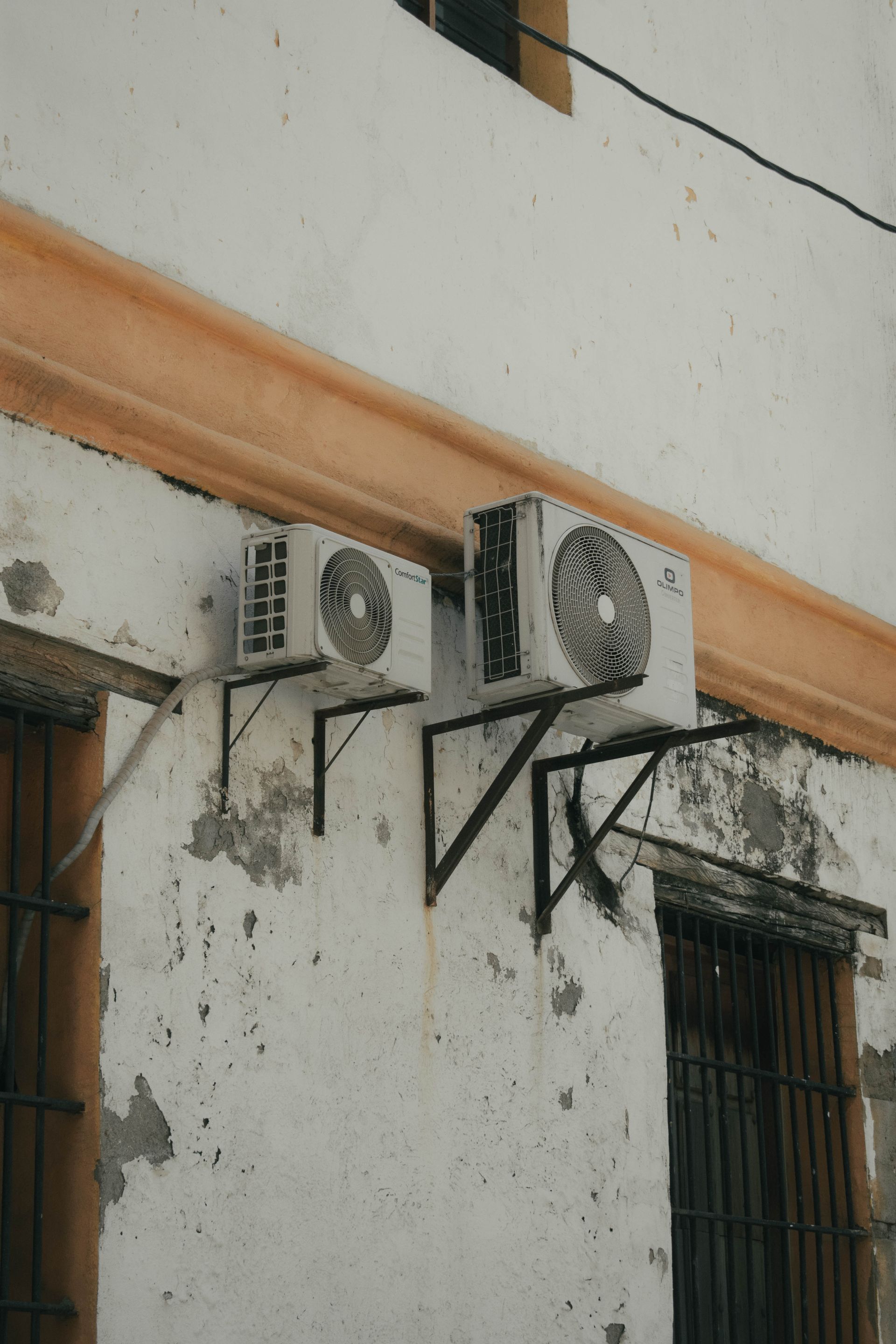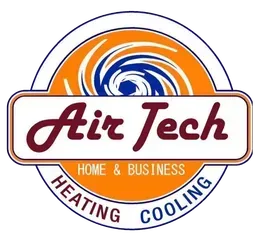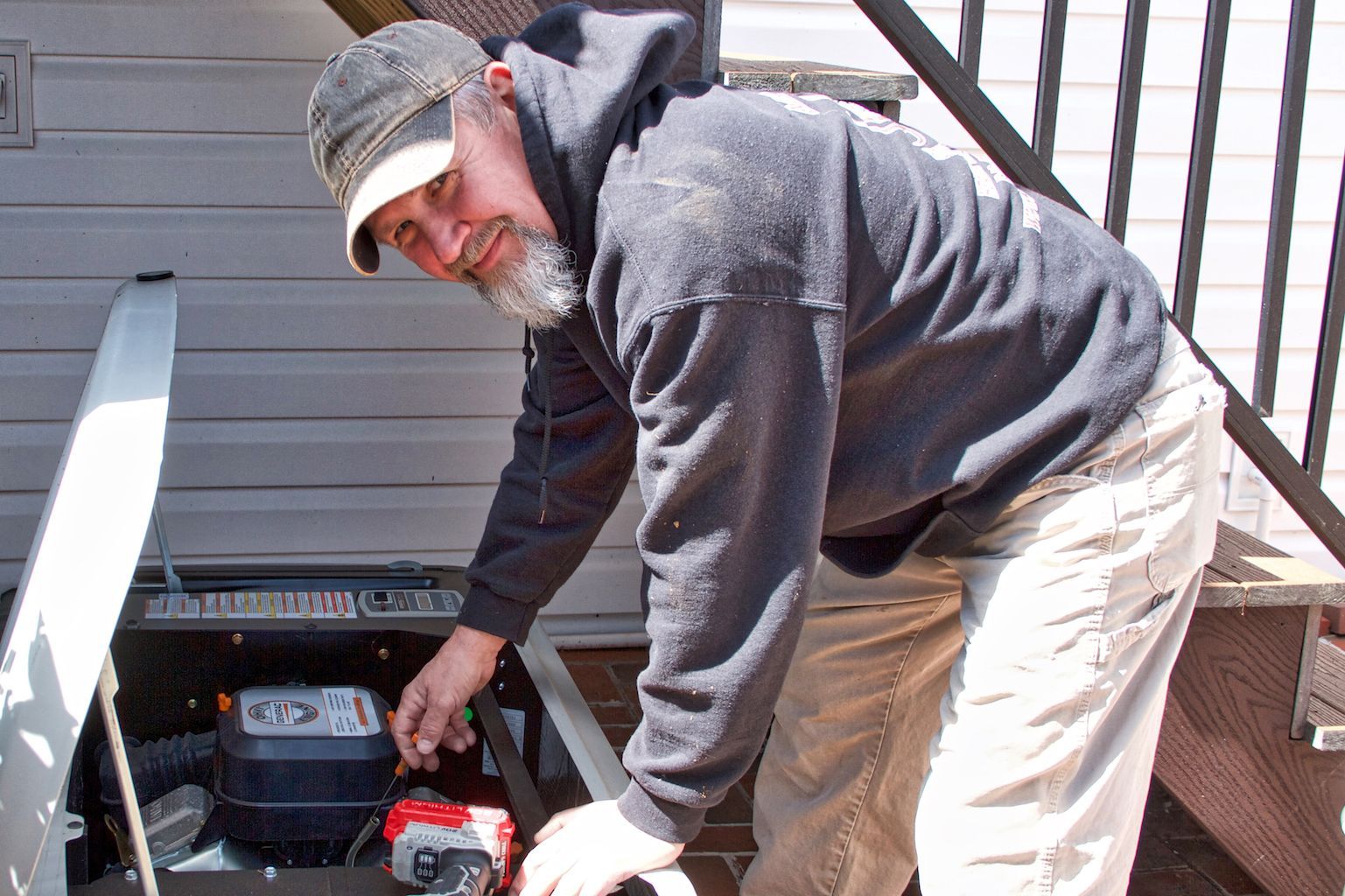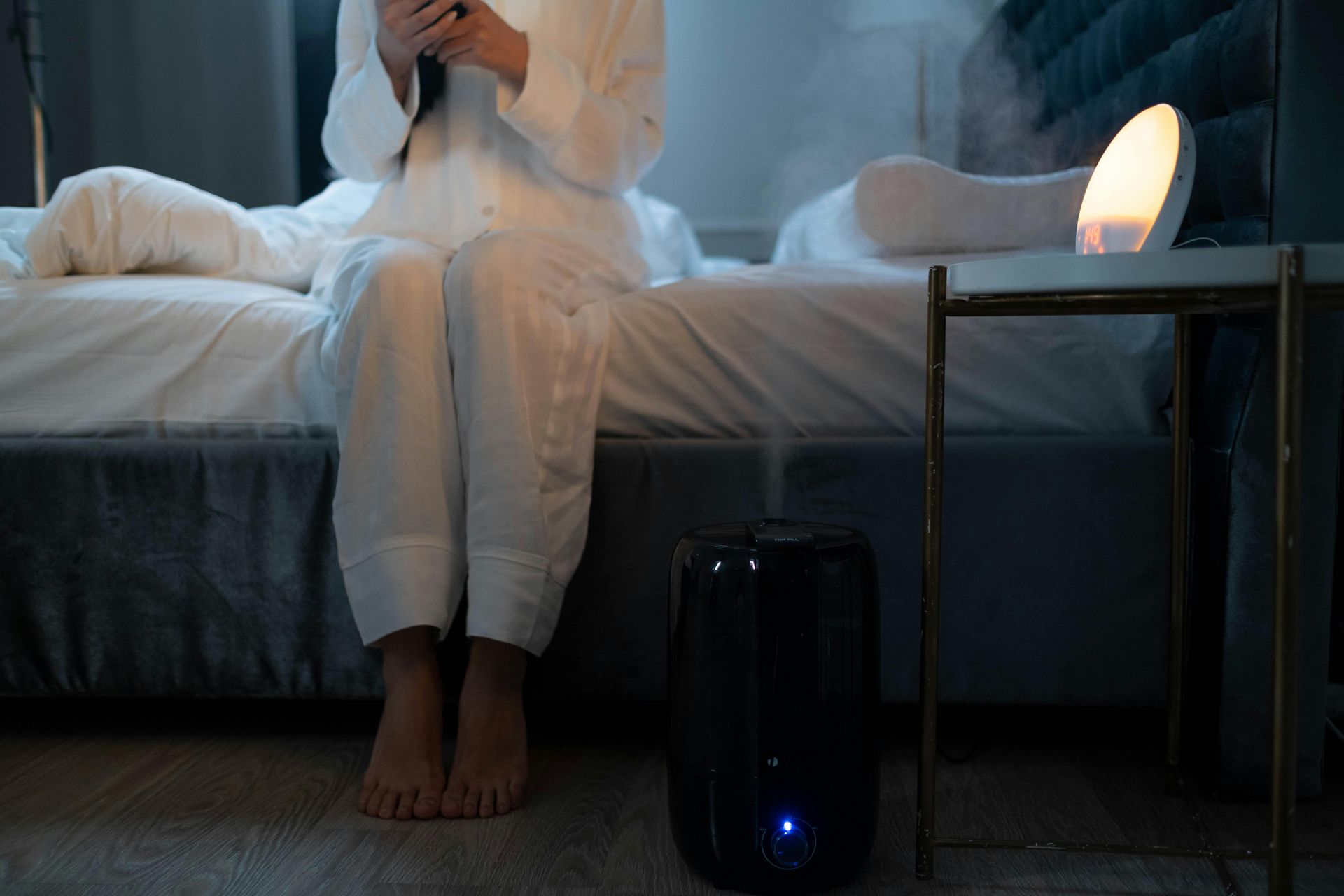The Pros and Cons of Different Types of Cooling Systems
In the scorching summer months, especially in regions like Virginia where temperatures can soar, having a reliable cooling system is not just a luxury but a necessity. The importance of cooling systems cannot be overstated during these hot seasons, as they provide much-needed relief from the sweltering heat and help maintain a comfortable indoor environment for homeowners and their families.
At Air Tech, we understand the significance of efficient cooling systems, particularly in areas like Virginia where summer temperatures often reach uncomfortable levels. A well-functioning cooling system not only keeps indoor temperatures at a comfortable level but also helps to alleviate humidity, creating a more pleasant living environment for occupants.
With our expertise in HVAC systems, we emphasize the importance of regular maintenance to ensure optimal performance and longevity of cooling systems, especially during the peak summer season. From central air conditioning systems to ductless mini-split systems and window units, we offer comprehensive services to meet the diverse cooling needs of our customers, helping them stay cool and comfortable throughout the hottest months of the year. Trust Air Tech to keep your cooling systems running smoothly, so you can enjoy a refreshing escape from the summer heat
Let's get started!
What are Cooling Systems?
Cooling systems are mechanisms designed to regulate indoor temperatures, ensuring comfort by removing heat from enclosed spaces. They play a vital role in maintaining a pleasant environment, particularly during hot seasons or in regions with high temperatures. These systems operate by transferring heat from inside to outside, thereby lowering the temperature within the space.
Types of Cooling Systems
1. Central Air Conditioning:
Central air conditioning systems are common in larger buildings and homes. They utilize a network of ducts to distribute cooled air throughout the premises. A central unit, typically located outside, cools the air and sends it through ducts to various rooms, ensuring uniform temperature control.
2. Ductless Mini-Split Systems:
Ductless mini-split systems offer flexibility and efficiency, particularly in spaces where traditional ductwork is impractical. These systems comprise an outdoor compressor unit and indoor air-handling units, connected by refrigerant lines. Each indoor unit can be controlled independently, allowing for personalized comfort settings in different zones.
3. Window Units:
Window air conditioning units are self-contained systems installed directly into windows. They are a cost-effective solution for cooling single rooms or small apartments. These units draw in warm air, cool it using refrigerant, and expel the heat outside, effectively cooling the interior space.
4. Evaporative Coolers:
Evaporative coolers, also known as swamp coolers, operate by evaporating water to cool the air. They are particularly effective in dry climates. These systems draw warm air through moist pads, where it is cooled by evaporation, and then circulate the cooled air throughout the space.
Each type of cooling system offers unique advantages and is suited to different environments and preferences. Understanding these options allows homeowners and businesses to select the most suitable cooling solution for their needs, ensuring optimal indoor comfort and energy efficiency.
Pros and Cons of Different Types of Cooling Systems
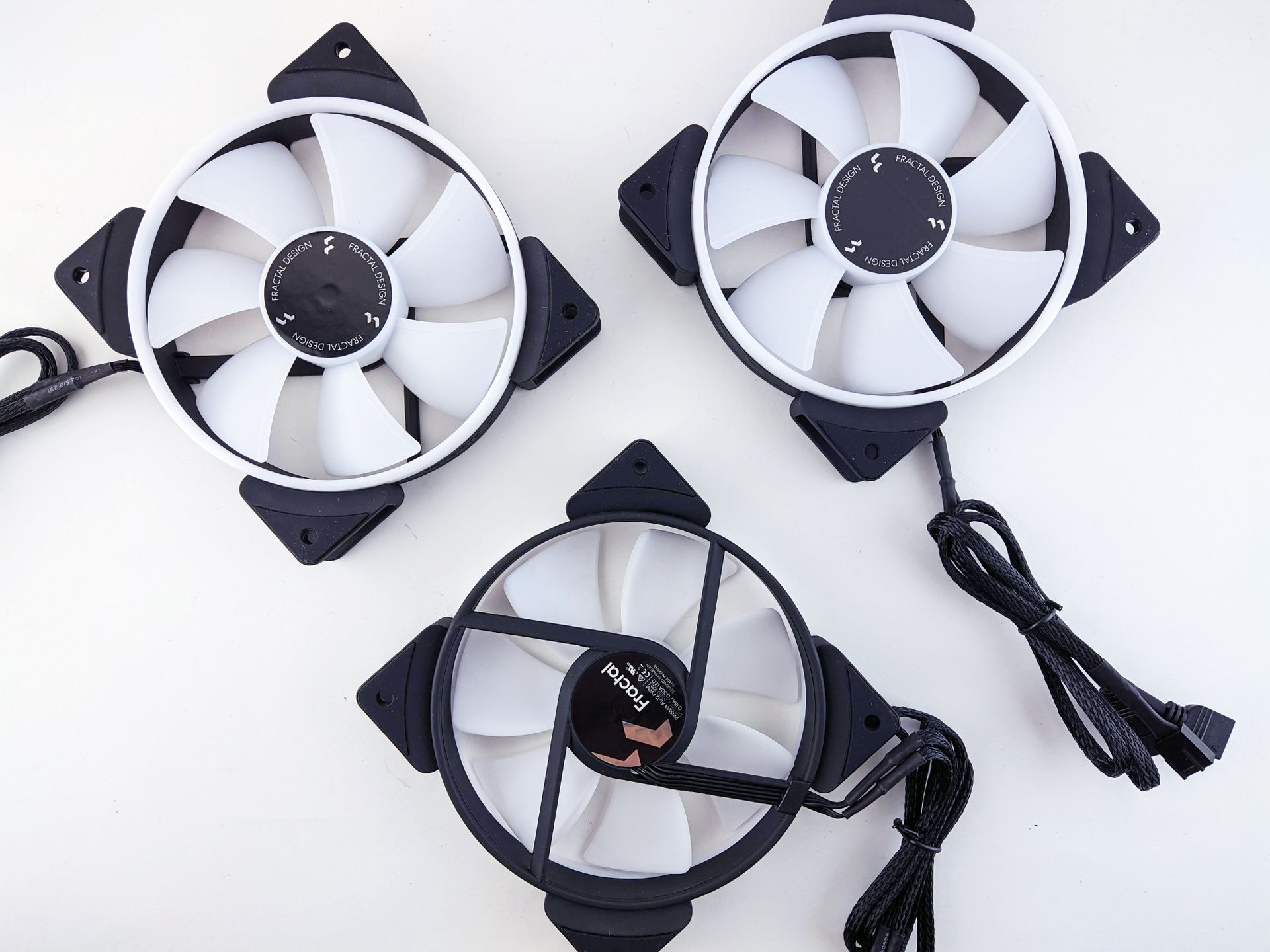
When it comes to keeping our homes cool during the sweltering summer months, having the right cooling system in place is essential. With various options available, each boasting its own set of advantages and disadvantages, it can be challenging to determine which one is best suited for your needs. In this comprehensive guide, we'll delve into the pros and cons of four popular types of cooling systems:
1. Central Air Conditioning Systems
Pros:
- Central air conditioning systems offer efficient cooling for the entire home, ensuring consistent comfort throughout.
- They provide controlled temperature settings, allowing homeowners to customize their indoor climate according to their preferences.
- Central AC units are known for their quiet operation, minimizing noise disturbances within the home.
Cons:
- One of the main drawbacks of central air conditioning systems is their high initial installation cost, which can be prohibitive for some homeowners.
- These systems require ductwork to distribute cooled air throughout the home, making installation more complex and potentially costly.
- Central AC may not be suitable for older homes without existing ducts, as retrofitting ductwork can be challenging and expensive.
2. Ductless Mini-Split Systems
Pros:
- Ductless mini-split systems offer flexibility in zoning and temperature control, allowing homeowners to set different temperatures for individual rooms or zones.
- Since they don't require ductwork, ductless systems are easier and less invasive to install, making them a popular choice for retrofitting older homes.
- Ductless mini-splits are known for their energy-efficient operation, helping homeowners save on utility bills in the long run.
Cons:
- While ductless mini-split systems offer numerous benefits, they come with a higher upfront cost compared to window units or portable ACs.
- Installation can be more complex, especially if multiple indoor units are required to cool different zones within the home.
- Some homeowners may find the indoor unit aesthetics less appealing compared to traditional central AC systems.
3. Window Units
Pros
- Window units are an affordable cooling solution, making them accessible to homeowners on a budget.
- Installation is relatively easy, as these units can be mounted directly onto a window frame without the need for professional assistance.
- Window units are suitable for cooling single rooms or small spaces, making them ideal for apartments or small homes.
Cons:
- Window units have limited cooling capacity compared to central AC or ductless systems, making them less effective for larger spaces.
- These units can be noisy, especially at higher fan speeds, which may disrupt quiet activities or sleep.
- Since window units are installed in windows, they obstruct the view and natural light, which can be undesirable for some homeowners.
4. Evaporative Coolers (Swamp Coolers)
Pros:
- Evaporative coolers offer an energy-efficient cooling method, using significantly less electricity than traditional air conditioners.
- They are environmentally friendly, as they don't rely on refrigerants that contribute to ozone depletion or global warming.
- Evaporative coolers work well in dry climates, where humidity levels are low, providing effective and economical cooling solutions.
Cons:
- In humid climates, evaporative coolers are less effective, as they rely on the evaporation of water to cool the air.
- These systems require regular maintenance, including water replenishment and filter cleaning, to ensure optimal performance and prevent mold or bacterial growth.
- Evaporative coolers have a limited cooling range and may not be suitable for cooling large homes or spaces with multiple rooms.
Considerations for Choosing a Cooling System
When selecting a cooling system for your home or business, several factors must be considered to ensure optimal performance, energy efficiency, and cost-effectiveness. From environmental impact to installation requirements, each consideration plays a crucial role in determining the most suitable cooling solution for your specific needs. Below are five key considerations to keep in mind when choosing a cooling system:
Energy Efficiency
Energy efficiency is paramount when selecting a cooling system, as it directly impacts operating costs and environmental sustainability. Look for systems with high Seasonal Energy Efficiency Ratio (SEER) ratings for air conditioners or Energy Efficiency Ratio (EER) for heat pumps. Additionally, consider features such as variable-speed compressors and programmable thermostats, which can further enhance energy efficiency by adjusting cooling output based on real-time demand.
Environmental Impact
The environmental impact of cooling systems extends beyond energy consumption. Refrigerants used in air conditioners and heat pumps can contribute to ozone depletion and climate change if not properly managed. Opt for systems that utilize environmentally friendly refrigerants with low Global Warming Potential (GWP), such as hydrofluorocarbon (HFC)-free options or natural refrigerants like ammonia or carbon dioxide.
Installation Requirements
Different cooling systems have varying installation requirements, which can affect upfront costs and long-term maintenance. For example, central air conditioning systems typically require ductwork installation, whereas ductless mini-split systems offer greater flexibility with individual air handlers connected to an outdoor unit. Consider factors such as available space, building layout, and zoning regulations when determining the most suitable installation option for your property.
Capacity and Sizing
Proper sizing is critical to ensure the cooling system can effectively maintain indoor comfort without unnecessary energy consumption. Oversized units may short cycle, leading to uneven temperature distribution and increased wear and tear, while undersized units may struggle to meet cooling demands during peak periods. Conduct a load calculation to determine the appropriate capacity and sizing requirements based on factors such as building size, insulation levels, and occupancy patterns.
Cost and Lifecycle Analysis
While upfront costs are a significant consideration, it's essential to evaluate the total cost of ownership over the system's lifecycle. Consider factors such as installation costs, ongoing maintenance expenses, and potential energy savings to make an informed decision. Additionally, research available incentives, rebates, and financing options that can help offset initial investments and improve the return on investment (ROI) of your cooling system.
Key Takeaway
In essence, selecting the ideal cooling system for your home necessitates a comprehensive assessment of various factors, including budgetary constraints, home size and layout, climate conditions, energy efficiency, and installation and maintenance requirements. By carefully weighing these considerations, you can make an informed decision that aligns with your specific needs and preferences while ensuring optimal comfort and efficiency.
It's essential to recognize that no single cooling system is universally superior; each option comes with its own set of advantages and limitations. Therefore, it's crucial to prioritize factors that are most relevant to your circumstances, whether it's prioritizing energy efficiency to reduce long-term operational costs or considering the ease of installation and maintenance for convenience.
Ultimately, consulting with HVAC professionals can provide valuable insights and recommendations tailored to your unique situation. Their expertise can help navigate the complexities of cooling system selection, ensuring that you invest in a solution that not only meets your immediate cooling needs but also delivers long-term benefits in terms of comfort, efficiency, and cost-effectiveness. By taking a thoughtful and holistic approach to the decision-making process, you can enjoy reliable and effective cooling for years to come while maximizing your investment in home comfort.
